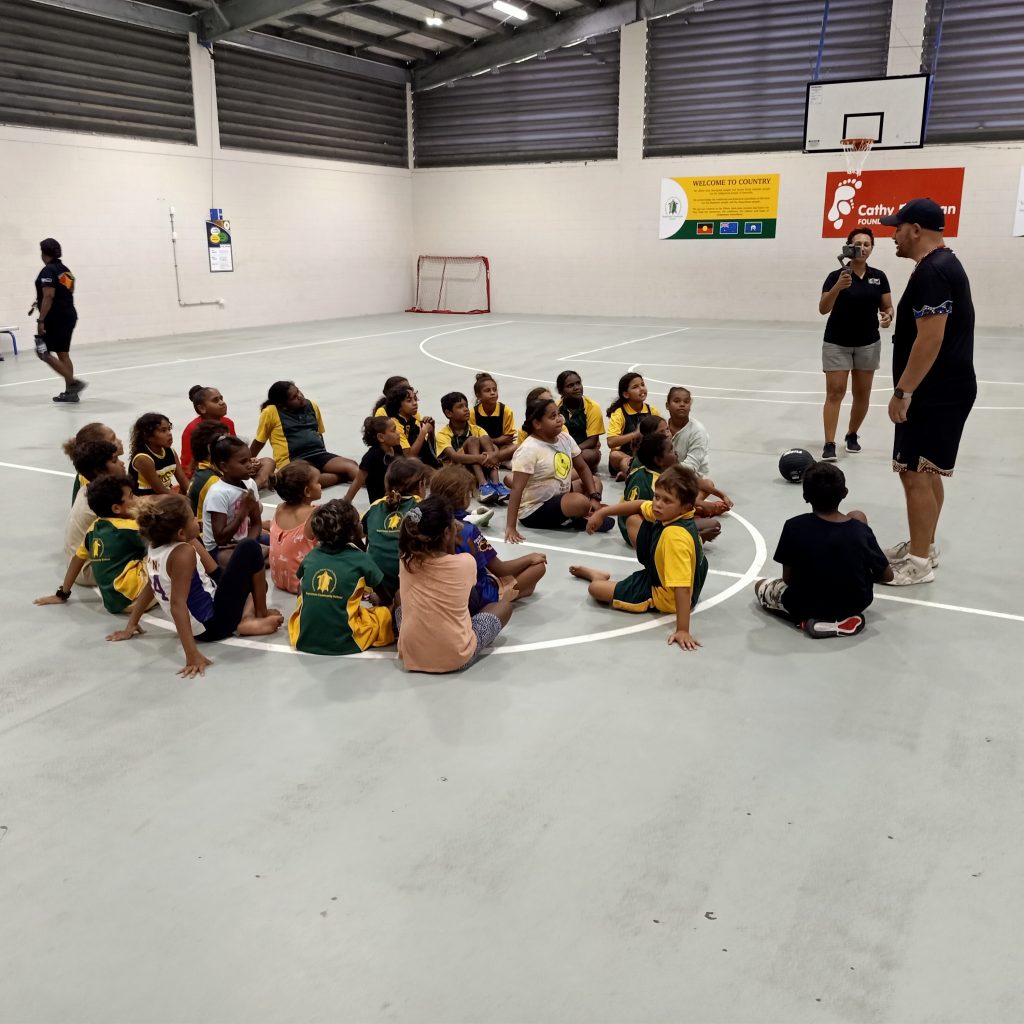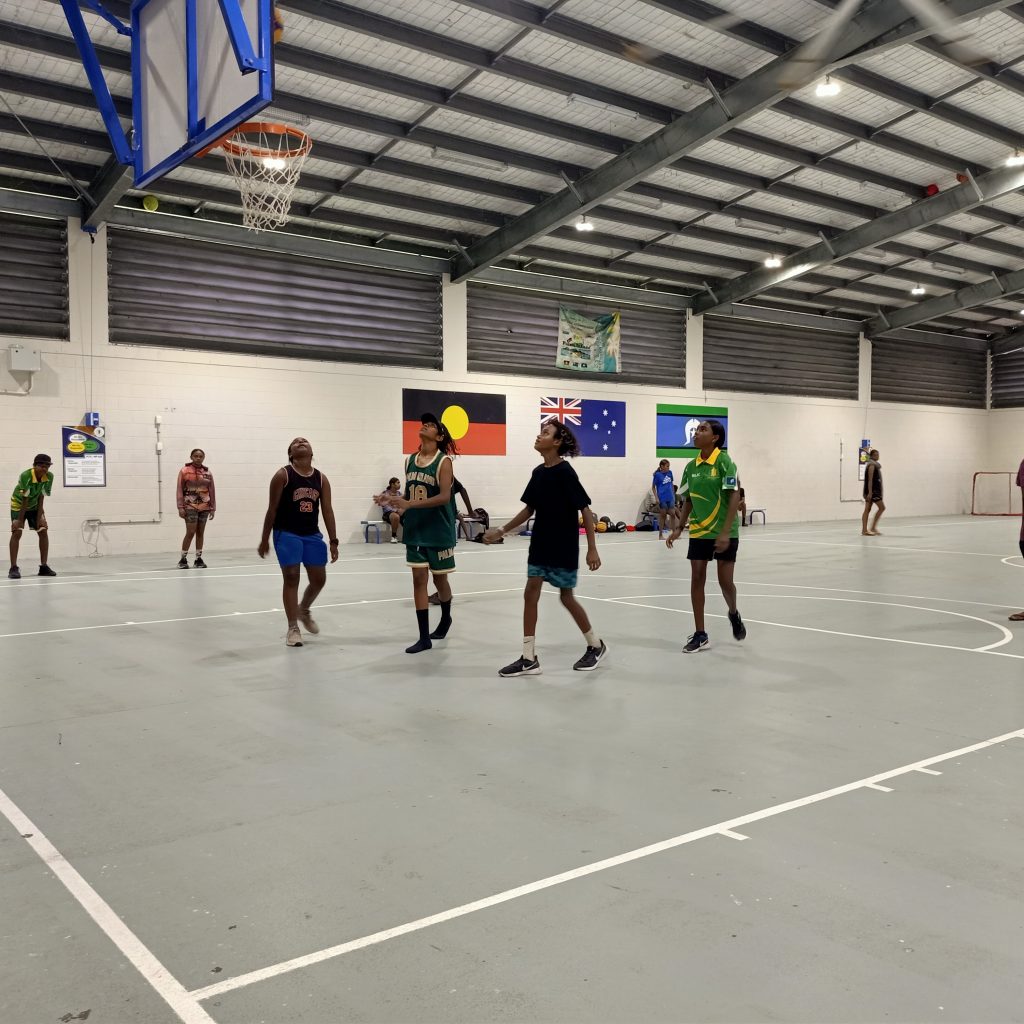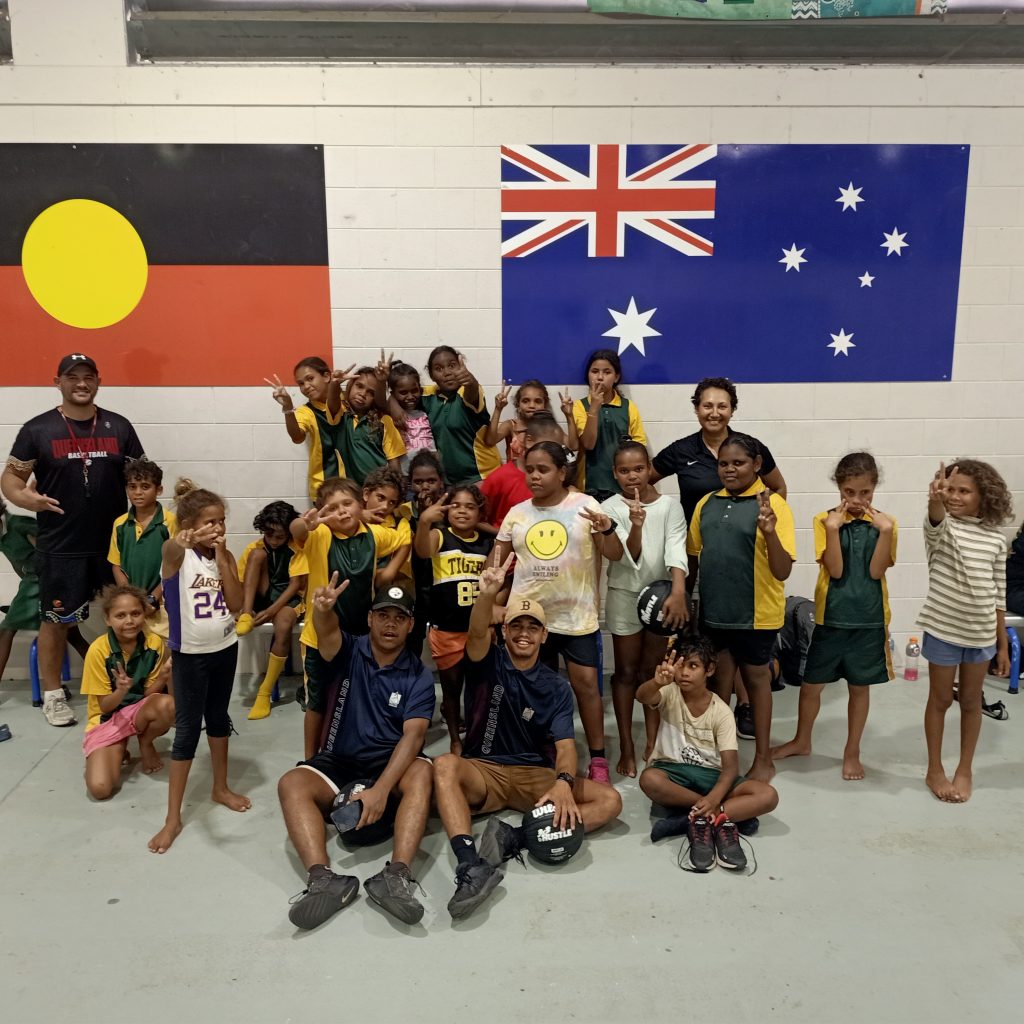Foundation for Rural & Regional Renewal (FRRR)
Located on the Eyre Peninsula is the town of Port Lincoln in South Australia. This is the home of essential organisations like Yarredi Services, whose purpose is to create a space where those who need assistance can receive it.
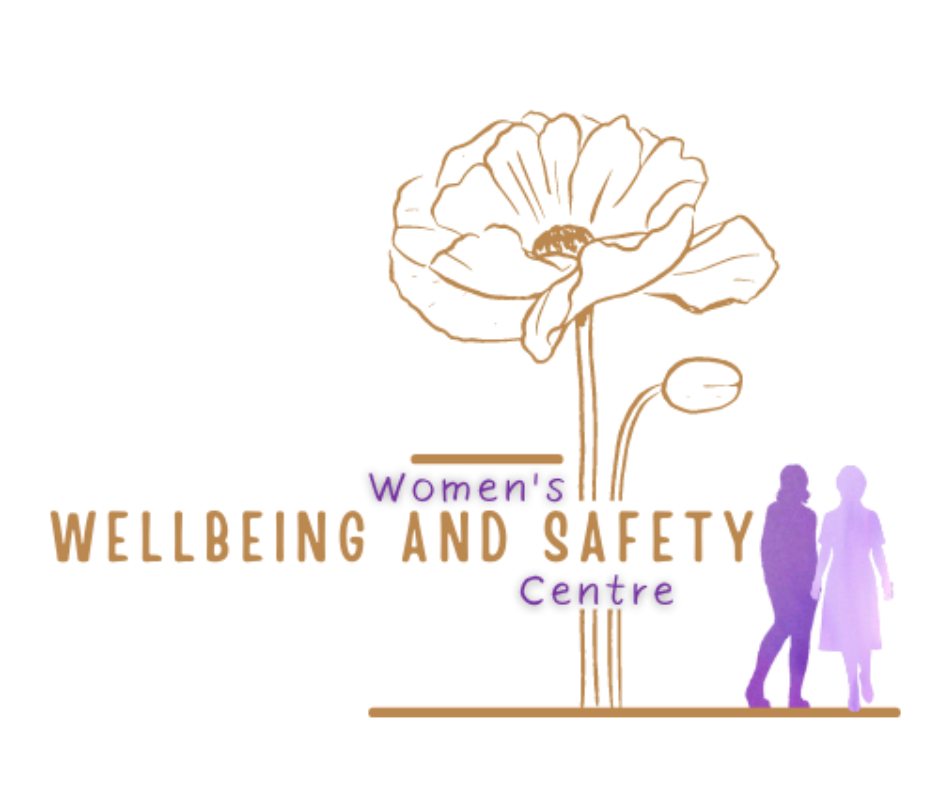
Yarredi Services works hard to support local women and children who are victims of domestic and family violence (DFV). Working in collaboration with the South Australian Police, local health services, Aboriginal health services and other not-for-profit agencies, Yarredi focuses on a diverse range of ways to address the needs of the people affected by DFV.
Founded in 1979, Yarredi Services currently works out of a centre that provides resources for their clients to take control of their own lives; the “Women’s Wellbeing and Safety Hub”. In partnership with ANZ, FRRR awarded Yarredi Services $5,184 through the Seeds of Renewal program, to fund the purchase of a range of laptops and office equipment to be used by clients.
The laptops at the centre will be in a safe environment where women and children can study, work, find housing and any other services they may need to access online. The benefit of using the laptops at the facility ensures a level of safety and privacy. According to Executive Officer Sharyn Potts, while access to technology can be empowering, it can also come with risks.“
Technology can be used to abuse or track individuals. It’s important our clients have access to computers and technology in an environment that’s supportive and informative. We want them to be able to put resumes together and manage their banking while learning information about how to avoid being tracked.”
Adapted from an article published by ANZ.
Palm Island (Bwgcolman) lies north of Townsville, off the east coast of Northern Queensland. The mostly First Nations community experiences chronic social and economic disadvantage, the ongoing impact of historical factors and events, discrimination and lack of support in the justice system and lack of access to (or ineffective) diversionary programs.
The Palm Island Police Citizens Youth Club (PCYC) was established in 2004, and works closely with the Indigenous Programs Development Unit, government agencies, community organisations and members to provide a range of programs that respond to issues faced by the community. The PCYC is well placed to partner with sporting and other local organisations to provide access to sporting and recreational opportunity for young Aboriginal and Torres Strait Islander people, as they are one of the only positive and neutral organisations where people can safely engage in positive and healthy ways.
Following extensive interactions and consultations within the community, PCYC Palm Island, in partnership with Indigenous Basketball Australia (IBA), delivered a 3×3 Street Hustle basketball tournament within the Palm Island community. The aim was to support physical and mental health, encourage community connection, achievement, pride and wellbeing in one of the most vulnerable communities of Australia. The tournament provided a platform for people of all ages, particularly young people, to participate in an organised and nationally endorsed tournament. It also contributed towards closing the gap for people on the remote Palm Island. Participants received online player profiles and rankings, providing them with the foundation to move on to additional tournaments.
In addition, PCYC Palm Island partnered with IBA to deliver school-based basketball development clinics with the two schools on Palm Island. This allowed young people to experience invaluable mentoring interactions with Joel Khalu (Basketball Queensland, IBA, and NBL Mackay Meteors coach) and Australian Olympian Annie Le Fleur (FIBA, WNBL, WNBA, Australian Women’s Team and Olympian). In total 441 students (231 girls, 210 boys) participated in the three coaching clinics, and 96 children and 48 adults competed in the Community 3×3 Basketball Street Hustle competition.
Despite experiencing a series of delays due to COVID and staffing issues, Phil Schulz, CEO of PCYC Palm Island, said that the program provided a foundation from which young people can build as they move on to greater challenges in sport and in life. It also provided community members with much needed social connection opportunities and the ability to participate in an activity that supports physical as well as mental wellbeing. This was all made possible thanks to a $10,000 Small & Vital grant from FRRR’s Strengthening Rural Communities program, funded by the Tim Fairfax Family Foundation.
“It was fantastic to get such quality mentors to deliver our program, and the kids were extremely engaged and excited to be involved to learn new skills. The competitions held were excellent in bringing the community together.
“Having such terrific mentors as Joel Khalu and Annie Le Fleur delivering this program with an extraordinary high level of passion and enthusiasm [was amazing]. They took the time to make sure all the kids got involved to realise levels of potential they possessed. Feedback from both schools was excellent with both requesting this become a yearly interaction.
”Importantly, the program also enhanced Palm Island PCYC’s relationships within the community and its ability to provide support and programming for young people, improve community partnerships and enhance the capacity of young people to participate in and lead future programs.
Take a look at the kids in action and listen to how the Basketball Queensland Indigenous Pathways Program (BQIPP) is making a positive impact on the local community!
Currie Park, Euroa’s retirement village, is run by the Old Colonist’s Association of Victoria (OCAV), which was established in 1896 to care for older Victorians in need. OCAV provides access to quality accommodation and care for people who could not otherwise afford it.
They received a $40,000 Caring for Ageing Rural Australians grant funded by the Ian Rollo Currie Estate Foundation to renovate and upgrade the facilities in five residential units in Euroa. The units were originally constructed in 1977, and were no longer fit-for-purpose, with the facilities being functionally out-dated and presenting a number of safety hazards.
Residents at Currie Park are aged between 68 and 92, and all suffer some form of physical illness, with many affected by arthritis and associated mobility issues. The conversion of bathrooms into wet rooms has meant that residents can now walk into the shower without having to step over the bulkhead. For those residents requiring assistance, there is now greater space for shower aids and attendants. The addition of non-slip vinyl flooring has increased the safety for residents like Ken, who had previously suffered a fall in the bathroom, but now feels much more confident navigating his surroundings.
The kitchens too also received a makeover, with the flooring also being replaced, along with new cooktops, and disability-friendly sink mixers replacing the old tapware. Shelley Calopa from OCAV commented that the renovation of units at Currie Park has directly benefited the families and care staff of the five residents whose units were refurbished, as well as the wider community, as local suppliers and tradespeople were utilised wherever possible. It is estimated that these renovations will benefit at least 25 residents in the future.
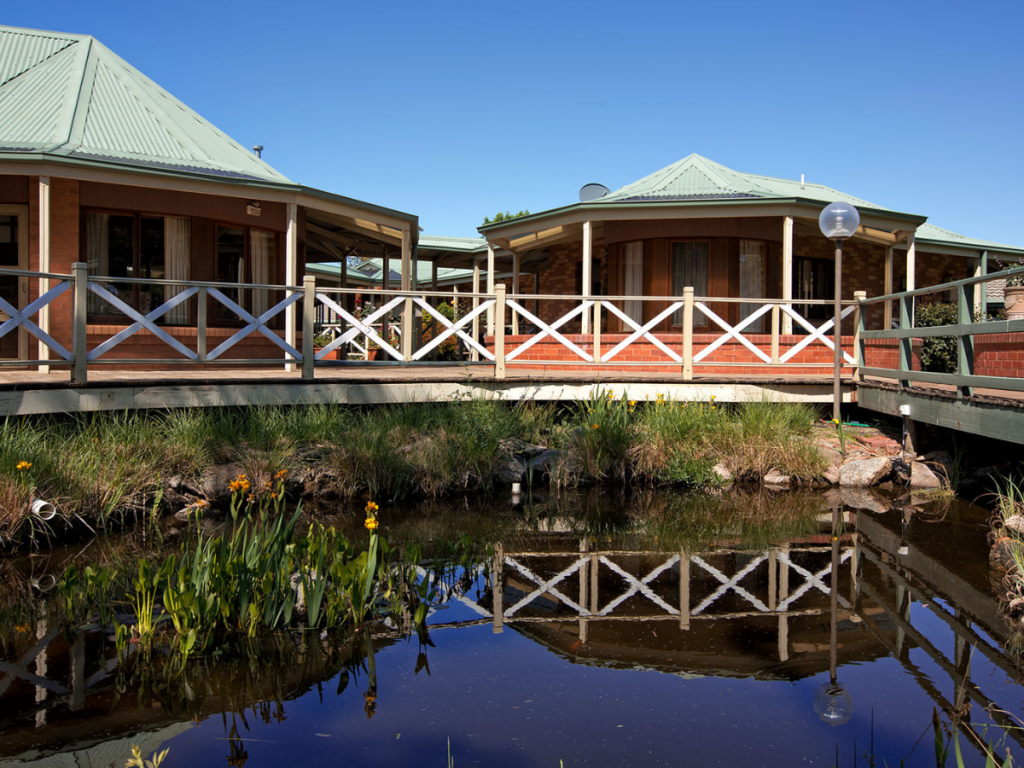
Nutrien Ag Solutions partnered with the Foundation for Rural & Regional Renewal (FRRR) to invest in meaningful community projects across Australia.
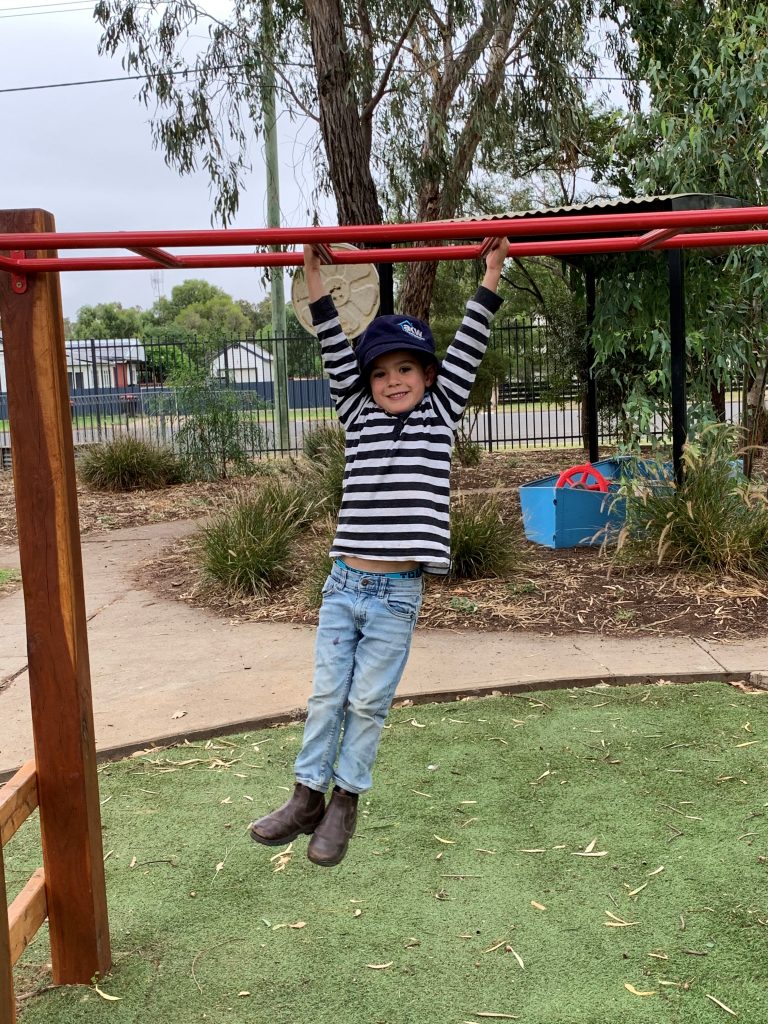
In the first round of the Nutrien Ag Solutions Community Grants Program, one recipient was Coonamble Pre School Association.
The pre-school funds and provides an occupational therapy program for local children, which involves tailored physical education programs that aim to develop motor skills critical to school readiness.
The grant was used to purchase a set of monkey bars to be utilised as part of the occupational therapy program with the aim to build children’s shoulder stability, balance, core strength and develop gross motor skills.
Speaking on behalf of the pre-school, Coonamble Pre-School President Jess Lovel described the monkey bars as being a “valued contribution to our occupational therapy program”, playing a “key role in our children’s overall development”.
“The children have been learning to swing forward and backwards, hold and swing while they tuck their legs up and propel themselves forward thus improving their hand eye coordination, building their core, leg, arm and spinal strength and improving their overall health, well-being and posture,” she said.
Cinema goers at the Mansfield Armchair Cinema can now enjoy outdoor movie nights thanks to newly installed weatherproof speakers funded by the Nutrien Ag Solutions Community Grants program.
The Mansfield Armchair Cinema is an award-winning community cinema that hosts local events and supports the delivery of an innovative media studies traineeship program for secondary and TAFE students from the Mansfield and Goulburn areas.
Nutrien Ag Solutions Mansfield Livestock Manager, Jamie Beckingsale, says his team is very proud to support such an important community organisation.
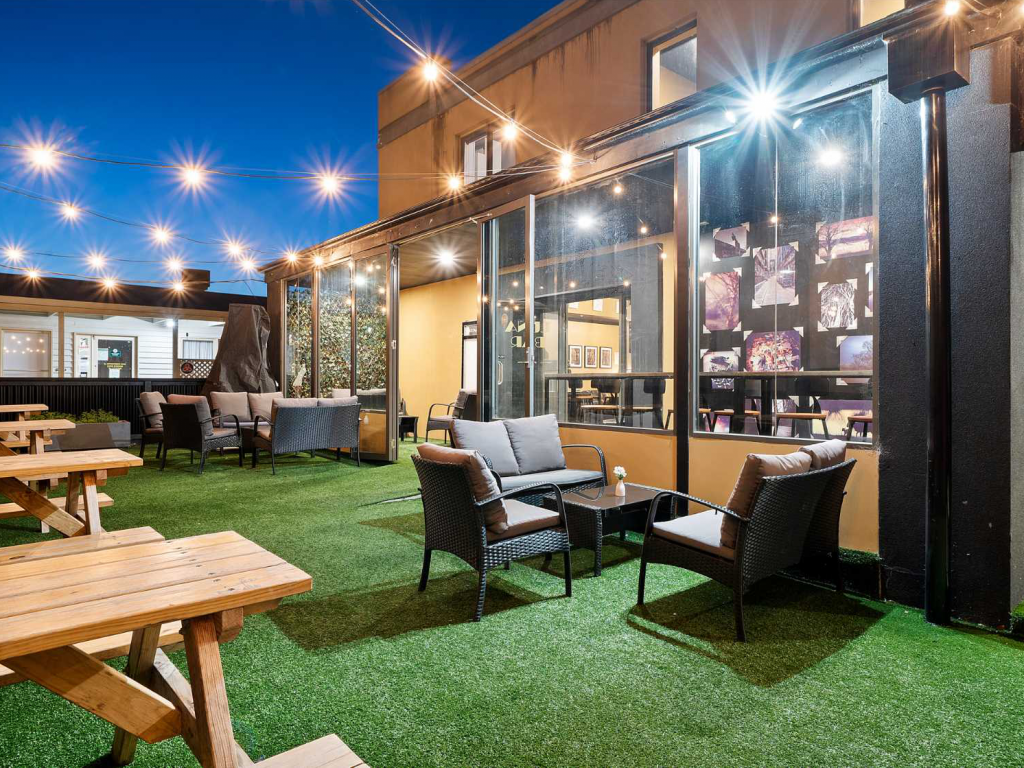
“The Mansfield Armchair Cinema is the hub of our regional community, and its volunteers give so much to our local community. So, it’s really important we do what we can to support its longevity and success,” said Mr Beckingsale.
Mansfield Armchair Cinemas’ Karen Oliver saidlocals are already making the most of the new outdoor speakers.
“Before we received the community grant, we had to carry the speakers out every time to the village green for people to enjoy the movies. Now we have permanent outdoor sounds which is just a blessing. The movies really sound great,” says Ms Oliver.
“We’ve been able to hold some fun movie nights including an 80’s themed night recently and we have a screening of Top Gun coming up, ready for the new movie to come out. The process of applying for a community grant was very straightforward, and we thank Nutrien Ag Solutions for this opportunity.”
The next round of the Nutrien Ag Solutions Community Grants program opens on the 12 of July 2022.
The Penneshaw Community Health Rooms once housed Medical, Community Nursing and Allied Health Services on a weekly basis. With budget restraints by SA Health, these services were discontinued in Penneshaw and centralised in Kingscote, meaning a round trip of approximately 120 km for local residents needing to access services.
Over a number of years, the Penneshaw CWA had advocated the need for the provision of a doctor for the Penneshaw area, liaising with the Kangaroo Island Medical Clinic, Rural Doctors Association of South Australia, Kangaroo Island Health Service, and Kangaroo Island Council. In 2021, the CWA was able to secure the services of a General Practitioner who began consulting one day a week in September 2021.
The Penneshaw CWA, Penneshaw Progress Association (PPA) and Community Volunteers have worked to clean, paint and refurbish the building so that services can be reinstated.
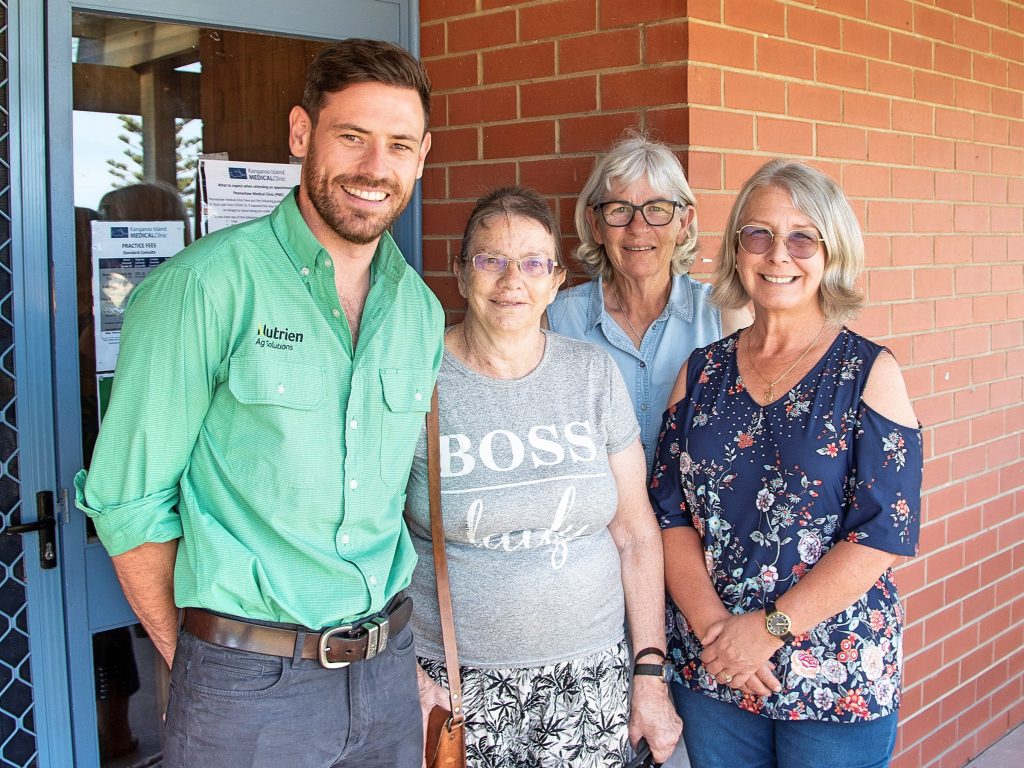
The Penneshaw CWA, with the support of the Penneshaw Progress Association (PPA), was successful in their application for a $5,000 grant through the Nutrien Ag Solutions Community Grants program, with a further $1,000 generously donated by the Penneshaw CFS in support of the facilities. The grant money was used to provide air-conditioning for the clinic’s consulting room and to provide disability access to the toilet, with a high-rise mobility toilet and grab rails. These improvements now meet the standards and guidelines required by the Commonwealth Disability Access Legislation, and provide comfort for the diverse number of users of the clinic.
Applications are now open for ANZ’s Seeds of Renewal program, with grants of up to $15,000 available for not-for-profit organisations in remote, rural and regional areas to support the ongoing prosperity of regional Australia.
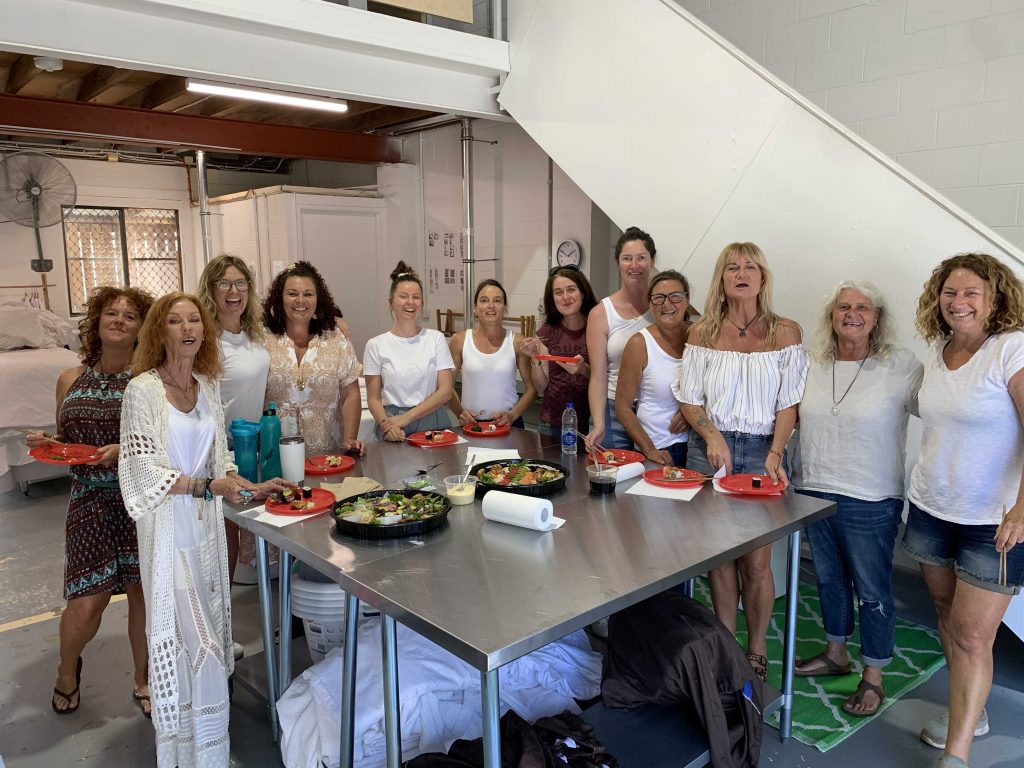
Celebrating 20 years in 2022, the program is administered by the Foundation for Rural & Regional Renewal (FRRR) and has provided more than $5 million to more than 800 community groups to help build vibrant and sustainable communities.
This year, the ANZ Seeds of Renewal program is offering a share of $250,000 to community organisations in remote, rural or regional locations for projects aligned to four focus areas:
- Environmental sustainability: initiatives that restore and conserve the natural environment or which contribute to lower carbon emissions, water stewardship and waste minimisation;
- Financial wellbeing: particularly for under-represented and disadvantaged people in the community, including initiatives that improve economic participation. For example, building financial literacy and vocational skills and providing access to meaningful work;
- Housing access: initiatives and programs that support those experiencing or at risk of homelessness or that provide supports for people living with disability; or
- Projects that assist local communities to thrive.
ANZ Head of Agribusiness Mark Bennett said: “Now in its twentieth year, the ANZ Seeds of Renewal program has provided hundreds of groups in regional and rural Australia with funds to deliver projects to help their communities thrive. We are incredibly proud of the partnership and the contribution it has made to regional Australia,” Mr Bennett said.
FRRR CEO Natalie Egleton said: “It’s been a particularly tough year for many rural communities, with the impacts of COVID on top of fires, floods and drought. Programs like ANZ Seeds of Renewal offer funding to help the local groups that are the backbone of their communities address local needs, issues and opportunities in a way that will help create stronger places to live and work.,” Ms Egleton said.
Last year, ANZ and FRRR provided grants to 21 community groups for projects including: upgrading a facility that improves financial outcomes for indigenous women and girls in Port Lincoln; improving community meeting space for people with a disability in Atherton; and educating students in Coffs Harbour on career opportunities in bee propagation and environmental sustainability.
Applications open on 5 July and close 5pm AEST, 3 August 2022.
A grantseeker workshop will be held online from 1 – 2pm AEST, 14 July 2022.
For more information about ANZ Seeds of Renewal, to apply for a grant or to register for the webinar, please visit FRRR’s website.
A rural NSW grantseeker is proving that philanthropic investment in people and skills can produce a huge return on investment – bringing in more than $2.4million in grants for his community.
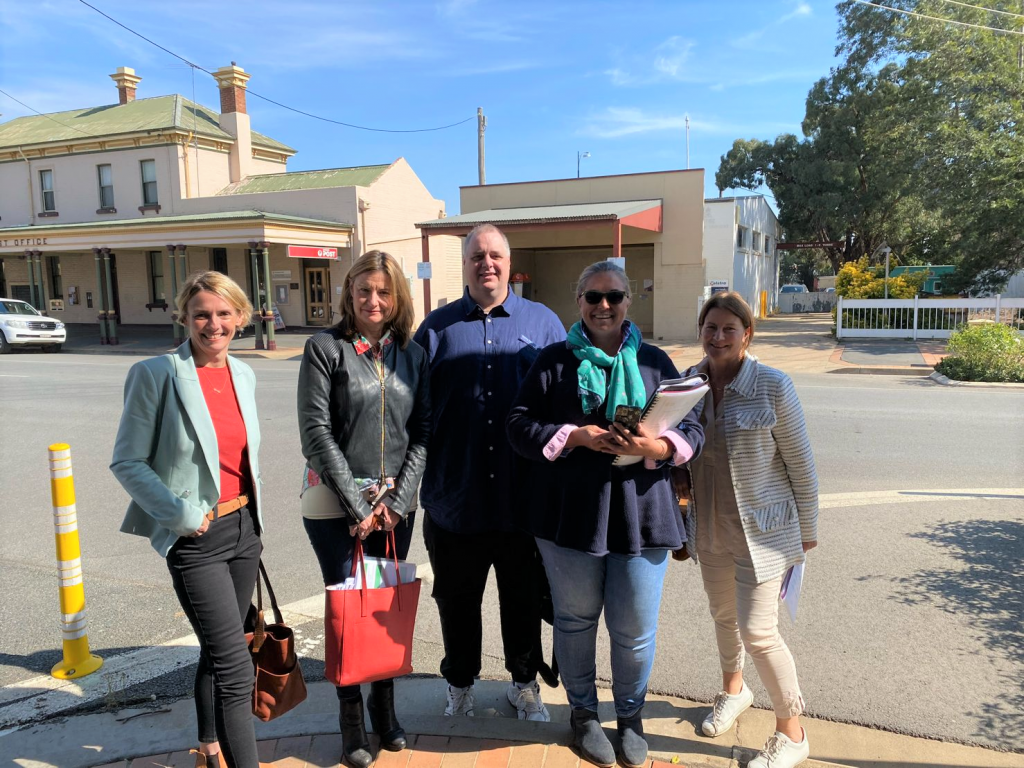
While many Government and philanthropic funders won’t give grants for funding people or capacity building, Junee Business and Trades Community Liaison Officer Nicholas Pyers is showing such investments can pay large dividends.
Nicholas’s role has been funded since 2019 by The Foundation for Rural & Regional Renewal (FRRR)’s Investing in Rural Community Futures program. He has been successful in helping win and advise on grants totalling $2,483,226 – and is awaiting news on a further $1million of grants that are in progress for Junee, which is located 440km south-west of Sydney in the Riverina region.
FRRR CEO Natalie Egleton said that since late 2018, regional NSW communities have faced a series of unrelenting disruptions, with drought, bushfire, flood and the COVID-19 pandemic continuing into 2022.
“The impact on these NFP organisations has been significant. It has taken its toll on the people that lead and run these organisations and has increased their load and affected their wellbeing. The sector has been dealing with extreme fatigue, burnout, limited fundraising options, access to volunteers, disconnection and, in some instances wholesale organisational change.
“The funding of Nicholas and the grant support role is a great example of how investing in local jobs and paying someone who has skills can result in high-yielding results and impact for organisations and communities,” she said. “This gives weight to our practise of employing local people and leveraging their position to help build the capacity of the entire town or community,” Ms Egleton said.
The impressive tally has been reached by a combination of activities. The grants have been won either by Nicholas directly developing a project concept and budget, then writing and submitting the grant application, or him reviewing other grant applications that have been submitted, as well as him identifying grant opportunities for other groups so they are able to apply. Nicholas also provides support to individuals in organisations, building their capacity and knowledge of grant writing, which allows them to prepare and submit grants, and secure funding for their own organisations.
FRRR’s Investing in Rural Community Futures (IRCF) model was developed in partnership with Vincent Fairfax Family Foundation (VFFF) and aims to strengthen local not-for-profit (NFP) organisations and, ultimately, enable them to thrive. It is a grassroots approach designed to build and support the capacity of individual and collective NFPs, over a sustained period of time.
This program now operates in seven communities in NSW, delivering a blend of grants and capacity building activities supported by local facilitators. Junee, Leeton and the Nambucca Valley were the initial cohort of communities supported by the Vincent Fairfax Family Foundation. Supported by The Snow Foundation Nowra, Ulladulla & Batemans Bay started an IRCF program in 2020 and further investment by Bendigo and Adelaide Bank’s Community Enterprise Foundation saw Bay & Basin communities join in 2021.
Successful grants for the Junee community range from upgrades to sporting facilities and meeting rooms through to projects supporting the likes of a museum.
Thirty-four local groups and not-for-profits that delivered food and care hampers to regional communities during the height of the 2021 COVID-19 restrictions will share in $300,000 from the NSW Government’s COVID Regional Community Support (CRCS) program.

Minister for Emergency Services and Resilience and Minister for Flood Recovery Steph Cooke said more than 72,000 hampers were delivered to residents in regional and rural parts of NSW, including Ballina, Tweed Heads, Leeton and Albury.
“These groups and organisations dropped everything and dipped into their own funds to support isolated residents during last year’s COVID-19 restrictions by partnering with Resilience NSW to prepare and deliver food, essential items and relief packs to those in need,” Ms Cooke said.
“The $300,000 will cover expenses like fuel, couriers, and logistics costs, helping these groups and organisations to continue their wonderful work into the future, including at the Ballina Hot Meal Centre which is using its $5,024 grant to purchase new freezers.”
Each grant being provided through the CRCS program ranges from $1,000 to $30,000 and is administered by the Foundation for Rural & Regional Renewal.
Foundation for Rural & Regional Renewal CEO Natalie Egleton said the funding recognises the critical role that local community groups played during the pandemic.
“We’re delighted that 23 per cent of applications are from Indigenous community groups, all of which played such a vital role in ensuring that their community members were cared for, and we are pleased to be able to support them with this funding,” Ms Egleton said.
Applications are currently being accepted for grants of up to $50,000 for capacity building initiatives, such as attracting and retaining volunteers and staff, enhancing governance skills, building digital capacity and creating partnerships that foster stronger, more resilient communities.
See the full list of recipients below:
| Organisation | Locations | Grant |
|---|---|---|
| Agape Outreach Incorporated | Tweed Heads - Byron Bay | $1,681 |
| Albury Wodonga Regional Foodshare | Albury | $13,500 |
| Allambi Care Limited | Lake Maquarie - Warners Bay - Central Coast - Cessnock - Newcastle | $7,000 |
| Armidale / Uralla Meals On Wheels Incorporated | Armidale | $3,183 |
| Ballina Hot Meal Centre Incorporated | Ballina | $5,024 |
| Belong Blue Mountains Incorporated | Blue Mountains | $1,000 |
| Camden Haven Community at 3 | Lakewood | $1,125 |
| CatholicCare Social Services Hunter-Manning | Newcastle - Tareer - Forster - Maitland | $1,977 |
| Christian Outreach Centre | Kempsey - South West Rocks - Macksville - Nambucca Heads | $1,350 |
| Community Resources Limited | Wollongong | $3,540 |
| Coonamble Neighbourhood Centre | Coomamble - Gulargambone - Quambone | $10,810 |
| Food For Life Community Care Incorporated | Shoalhaven - Primbee - Wollongong - Kiama | $13,500 |
| Galambila Aboriginal Corporation | Nambucca Heads - Coffs Harbour - Woolgoolga - Bowraville | $30,000 |
| Gloucester Worimi First Peoples Aboriginal Corporation | Gloucester | $1,000 |
| Gunnedah Meals on Wheels Association | Gunnedah | $5,514 |
| Indigenous Futures Foundation Limited | Tweed Heads South - Lismore - Ballina - Grafton | $30,000 |
| Ivanhoe Central School | Ivanhoe - Balranald - Carrathool | $6,100 |
| Katungul Aboriginal Corporation Regional Health And Community Services | Batemans Bay - Narooma - Bega - Catalina - Dalmeny | $30,000 |
| Kempsey Neighbourhood Centre Inc | Kempsey | $4,500 |
| Leeton Community Care Development Incorporated | Leeton | $13,500 |
| Lions Club Of Raymond Terrace Incorporated | Raymond Terrace | $1,420 |
| Livefree Project Incorporated | Newcastle | $13,500 |
| Miyay Birray Youth Service Incorporated | Moree - Mungindi - Garah - Boomi | $18,345 |
| Moree Sports Health Arts And Education Academy Aboriginal Corporation | Moree | $5,723 |
| Orana Support Service Incorporated | Dubbo - Wellington - Narromine | $21,000 |
| Oxley Community Transport Service Incorporated | West Tamworth | $4,500 |
| Queer Family Incorporated | Mullumbimby - Byron Bay - Lismore - Kyogle | $2,250 |
| Salt Care | Ulladulla - Bomaderry - Nowra - Kangaroo Valley - Jervis Bay | $20,460 |
| Sapphire Community Projects Incorporated | Bega - Tura Beach - Bermagui - Candelo - Quaama | $4,703 |
| Seventh-Day Adventist Church - South New South Wales Conference | Bathurst - Blayney - Mandurama - Cowra | $5,600 |
| The Heartland Foundation Limited | Port Macquarie | $5,000 |
| The Mend AND Make Do Crew Incorporated | South Grafton | $6,750 |
| Uralla Neighbourhood Day Care Centre 1 | Walcha | $4,860 |
| Weilwan Local Aboriginal Land Council | Gulargambone | $1,585 |
Four local NFPs awarded grants
In partnership with the Bendigo Bank Community Enterprise Foundation, FRRR has awarded a further $50,293 to support four not-for-profit organisations (NFPs) in the Bay & Basin area. Bay & Basin NFPs have now received nearly $150,000 to date through the Investing in Rural Community Futures (IRCF) program, which is helping to address locally-identified priorities.
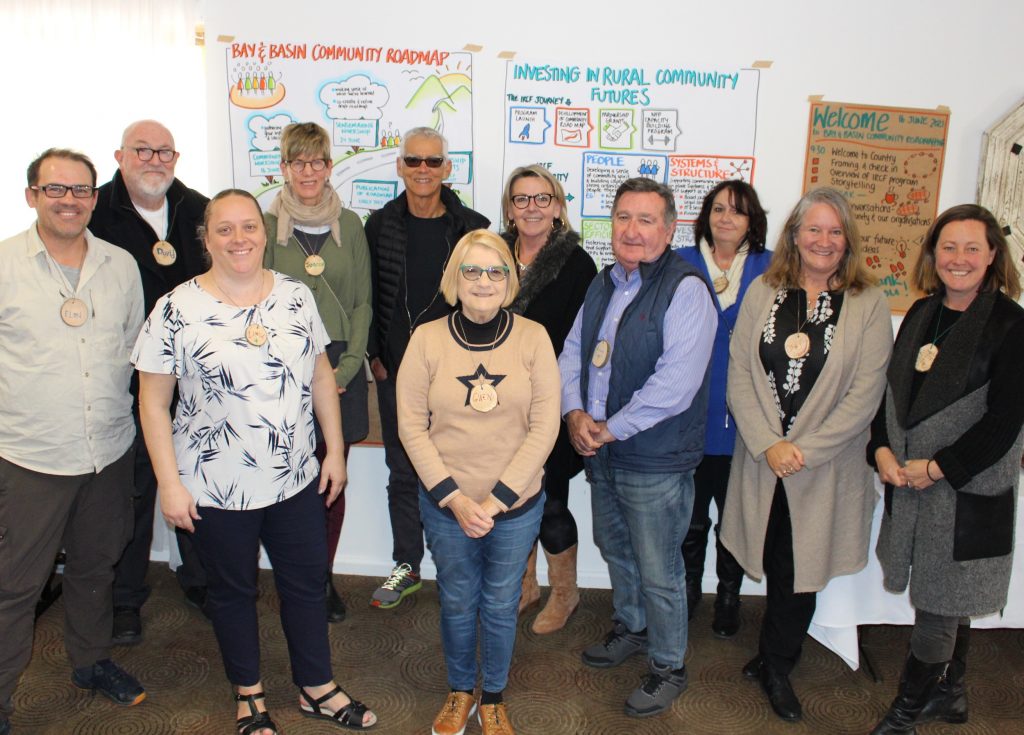
The IRCF program is a multi-year program designed to foster collaboration between local NFPs and strengthen their capacity, so they can continue to have a positive impact on the vibrancy and wellbeing of their communities. The program operates across the South Coast region, and in three other locations across NSW.
As part of the IRCF program, local leaders participated in community meetings and created a roadmap of the future opportunities they envision for their communities. This helped to identify the areas where the community groups and NFPs need support and ensures that the solutions being provided through the program are community-led.
The four funded projects cover various areas including strategy development, resilience training, equipment upgrades and human resources. One example is the Huskisson Op Shop who are engaging a paid Coordinator to support the Op Shop Volunteers, as well as a Business Advisor, who will help to modernise the Op Shop to support their food pantry in St Georges Basin.
Natalie Egleton, CEO of FRRR, said that multi-year programs, like IRCF, are vital for these remote, rural and regional communities.
“The NFPs in Bay & Basin play a big role when it comes to the quality of life for people living in these communities. Local leaders know what will work, so our role is to support them to create locally-led solutions that can be implemented over a series of years. This ensures that these communities thrive long into the future,” Ms Egleton said.
David Impey, CEO Community Enterprise Foundation, the Bendigo and Adelaide Bank’s charitable arm, said that the grant recipients are committed to developing all aspects of their organisations.
“It’s inspiring to see these people who are willing to take such a multi-faceted approach when it comes to building resilient communities. Through this program they’re developing their skills, strengthening their relationships with their peers, improving their processes and engaging in some really productive conversations.
“These organisations are powerful advocates for their communities. We’re very thankful to be able to support their efforts in creating sustainable and long-term solutions that will see the lives of everyone in Bay & Basin made that much more vibrant,” Mr Impey said.
The four projects being funded are:
- Vincentia Ratepayers and Residents Association Inc, Vincentia – Prepare, Develop, Publish and Regularly Update the Vincentia Ratepayers and Resident Association 2030 Strategic Vision Document – $7,000
- Sussex Inlet District Chamber of Commerce Incorporated, Sussex Inlet – Sussex Inlet, a Vibrant Future- Building the capacity of our communitythrough resilience training and by developing a marketing campaign – $3,900
- Sanctuary Point Community Pride Incorporated, Sanctuary Point – Boosting Pride by fostering community engagement and enhancing organisational capacity through the development of a website, communications strategy, and accounting software – $10,309
- UCA – Bay & Basin, St Georges Basin – Growing the Husky Op-shop by building organisational capacity to enable a stable of aligned social enterprises – $29,084.
In addition to Bay & Basin, the IRCF South Coast program is also working in Nowra, Batemans Bay and Ulladulla, with the support of The Snow Foundation and in Junee, Leeton and Nambucca Valley in partnership with the Vincent Fairfax Family Foundation.
For more information about the Investing in Rural Community Futures program visit – https://frrr.org.au/ircf-program/.

